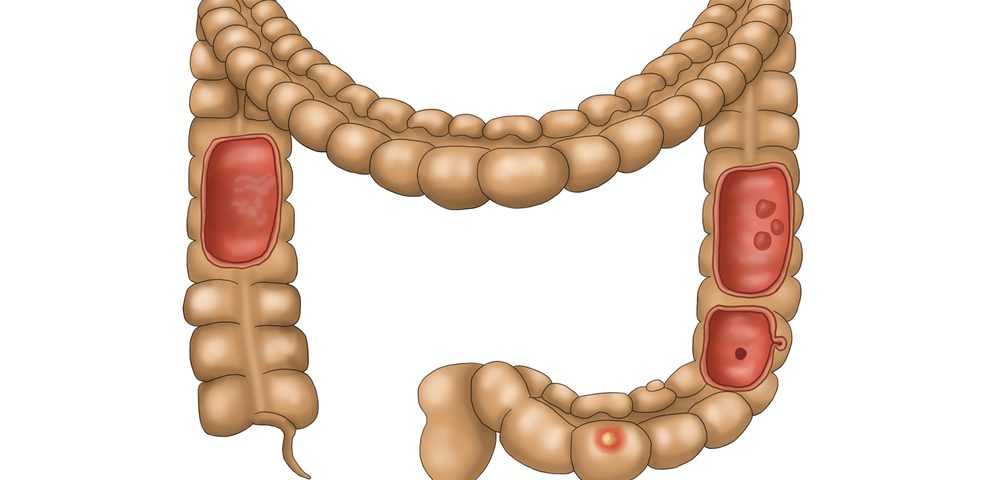A preclinical study showed that response of colorectal cancer to treatment can be detected after a single administration using the diagnostic agent TumorVue (99mTc-duramycin), developed by Molecular Targeting Technologies (MTTI).
These findings were published under the title “99mTc-Duramycin SPECT Imaging Of Early Tumor Response To Targeted Therapy: A Comparison With 18F-FDG PET” in the Journal of Nuclear Medicine.
The study was carried out in collaboration with researchers from the University of Antwerpen and the University Hospital Antwerp in Belgium.
Following the tumor’s cell death in response to cancer drugs using imaging techniques allows researchers to observe in detail how tumors respond to novel therapies and have prognostic information on treatment effectiveness, which may help in the design of improved and personalized therapies.
Researchers compared the effectiveness of tracking tumor cell death between 18F-FDG, the current gold standard technique for this purpose, and TumorVue in mice with human colorectal cancer one day after receiving treatment with conatumumab (a human antibody used to treat cancer).
Results indicated that TumorVue specifically marks tumor dying cells, whereas 18F-FDG was not able to distinguish between dying and surviving cells. This indicates that TumorVue may be a better option than 18F-FDG to tell whether a certain cancer drug is effective or not as soon as 24 hours after the first dose of treatment.
“Although imaging agents such as 18F-FDG show great promise as biomarkers for early response to targeted cancer therapy, conflicting results are reported after immunotherapy,” said Sigrid Stroobants, one of the senior authors of the study, in a news release. “If our preclinical findings can be confirmed in patients, TumorVue has the potential to fill this gap since it does not seem to be hampered by the presence or absence of an inflammatory response.”
Chris Pak, MTTI’s president and CEO, said the company is encouraged by the results of TumorVue to detect treatment response as early as one day.
“Our goal is to translate these findings into patients to differentiate responders from non-responders,” Pak said. “This innovative agent will be a powerful tool for personalized medicine where cancer patients will be spared the toxicity of ineffective therapy.”


